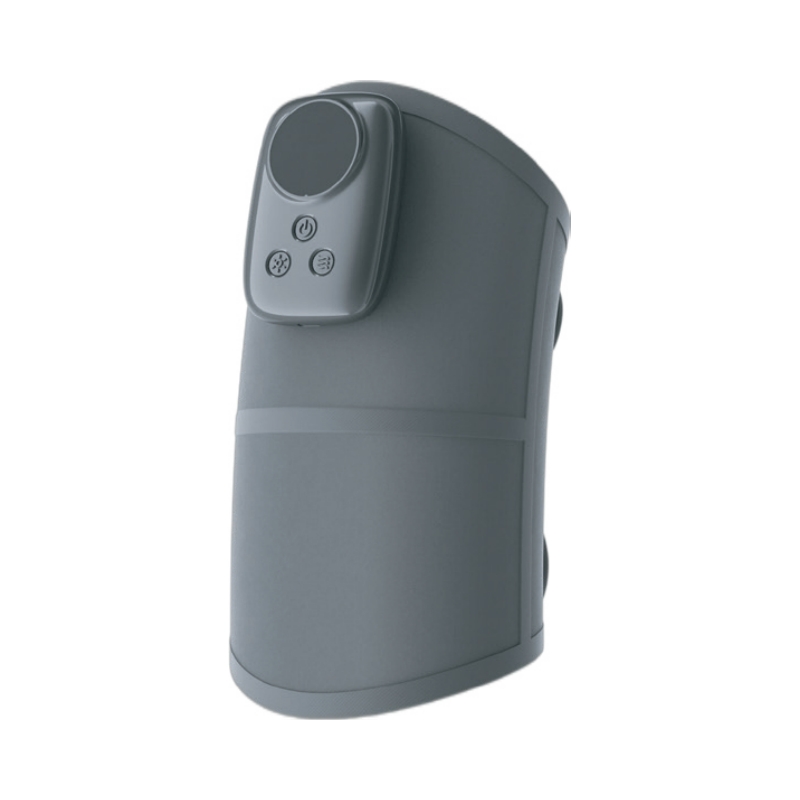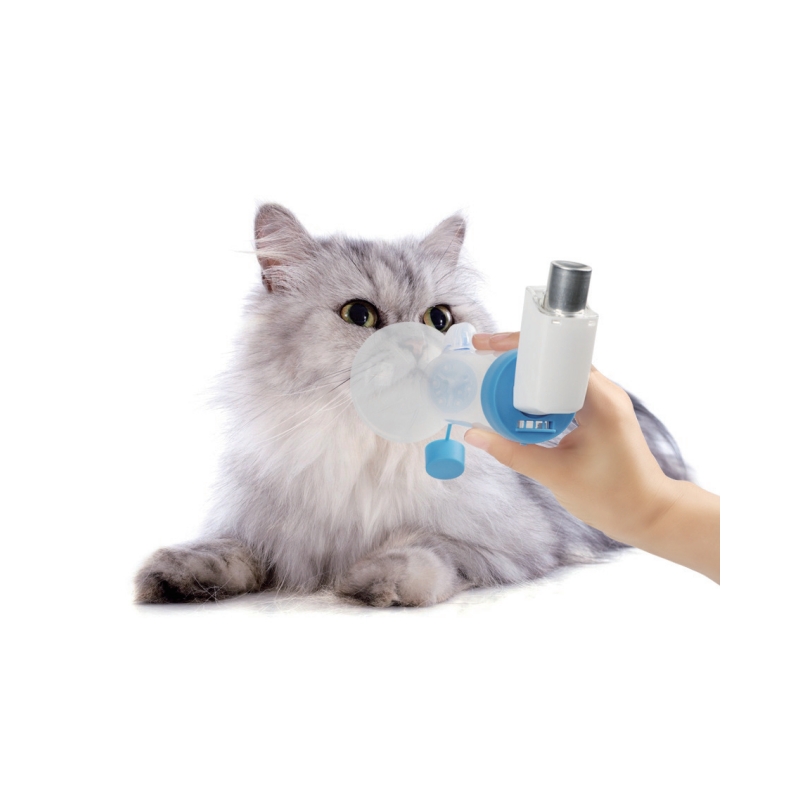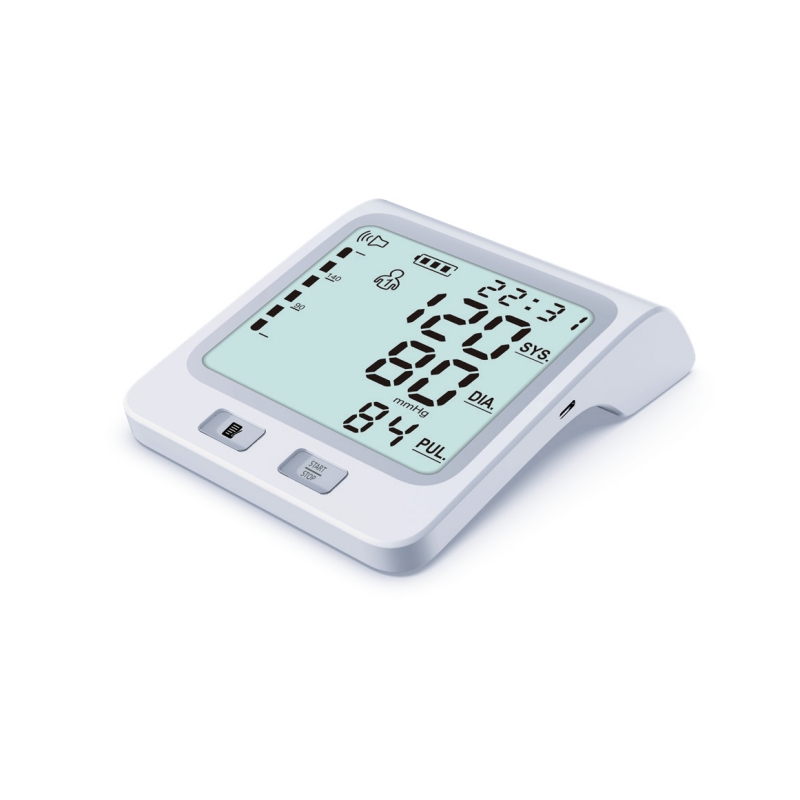Professional advice on the prevention of certain respiratory diseases
Professional advice on the prevention of certain respiratory diseases
Respiratory tract diseases are common ailments that affect the nose, throat, bronchial tubes, and lungs. Conditions like the common cold, influenza, pneumonia, and bronchitis can reduce people’s quality of life and lead to serious complications. In this article, we will provide an informative overview of respiratory tract diseases and discuss effective ways to prevent them.
Symptoms of Respiratory Tract Diseases
The symptoms of respiratory tract diseases can vary depending on the type of illness. However, common symptoms typically include:
– Nasal congestion and discharge
– Coughing and throat soreness
– Sneezing and nasal itching
– Chest pain and shortness of breath
– Fatigue and weakness
These symptoms can range from mild respiratory tract diseases like the common cold to more severe conditions like pneumonia. If you suspect you have a respiratory tract illness, it is important to seek medical assistance at the nearest healthcare facility for accurate diagnosis and treatment.
Ways to Prevent Respiratory Tract Diseases
Hand Hygiene: Regularly washing your hands with soap and water is one of the most effective ways to prevent respiratory tract diseases. Hands play a significant role in the transmission and spread of germs, so frequent handwashing can reduce the risk of infection.
Vaccination: Effective vaccines, such as the flu vaccine, are available to protect against respiratory tract diseases. It is especially important for high-risk individuals, such as the elderly, children, pregnant women, and those with chronic illnesses, to benefit from these vaccines.
Avoiding Crowded Places: During outbreaks, avoiding crowded places can help reduce the risk of infection. Wearing masks on public transportation and minimizing time spent in enclosed spaces is important.
Mask Usage: Using a mask when in close contact with sick individuals or those showing symptoms is an effective preventive measure against respiratory tract infections.
Healthy Lifestyle: A balanced diet, regular exercise, and adequate sleep can strengthen the immune system and enhance resistance to respiratory tract diseases.
Avoiding Handshakes: Avoiding handshakes, especially during outbreaks, can prevent the transmission of germs.
Conclusion
Respiratory tract diseases are significant ailments that can diminish people’s quality of life and lead to health issues. Measures such as hand hygiene, vaccination, avoiding crowded places, mask usage, and adopting a healthy lifestyle are effective strategies for preventing respiratory tract diseases. Paying special attention to these preventive measures, particularly among high-risk groups, contributes to preserving public health by curbing the spread of these illnesses.


 English
English Spanish
Spanish Turkish
Turkish














